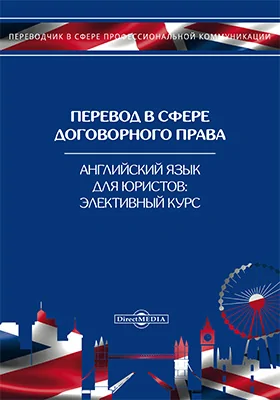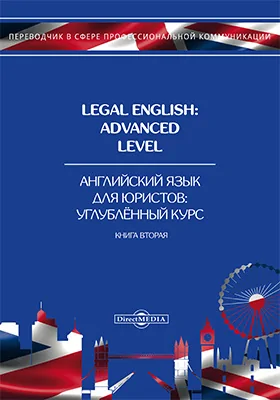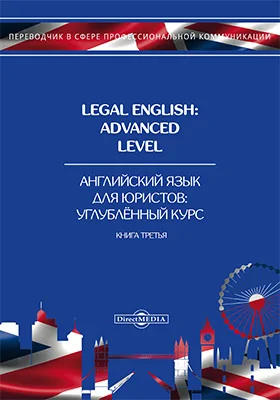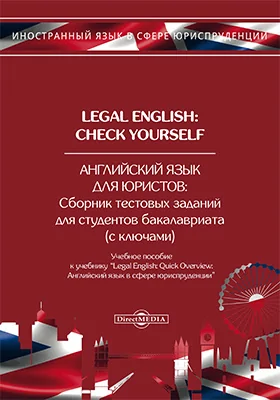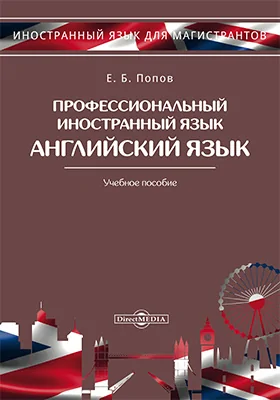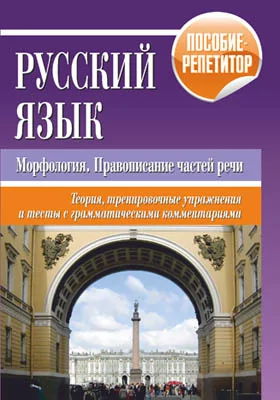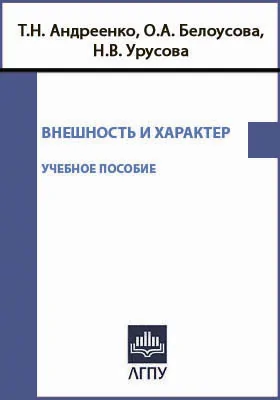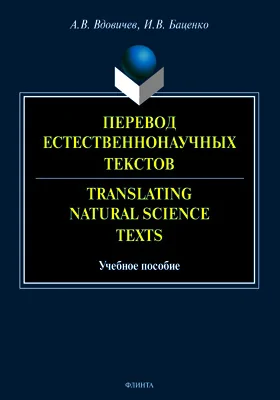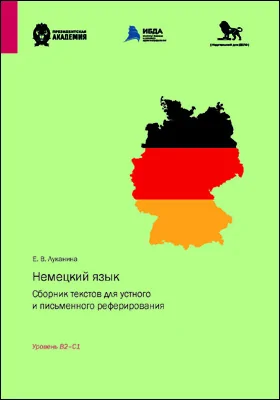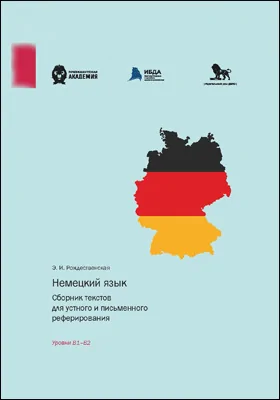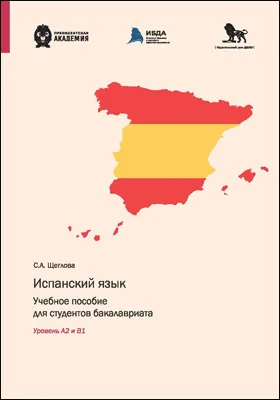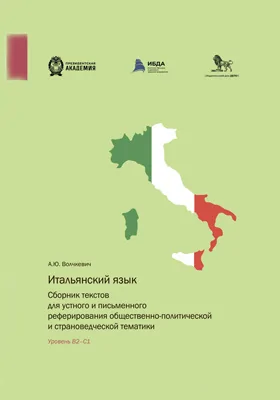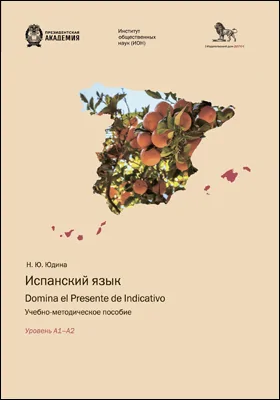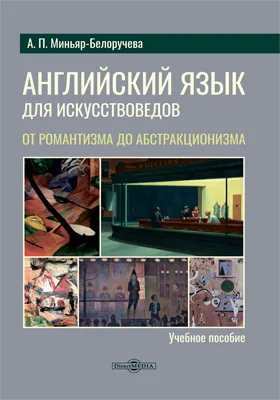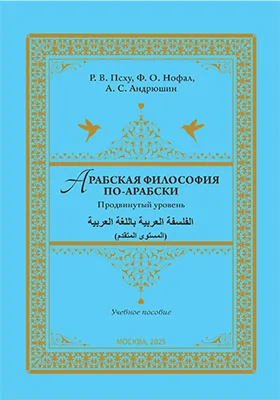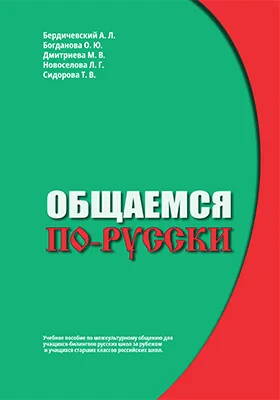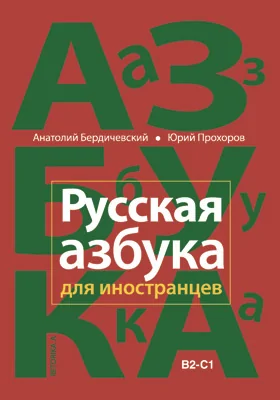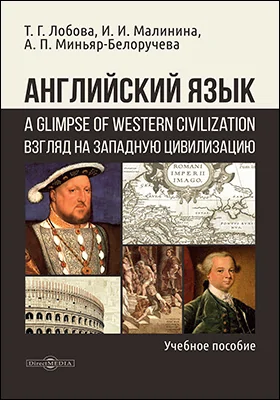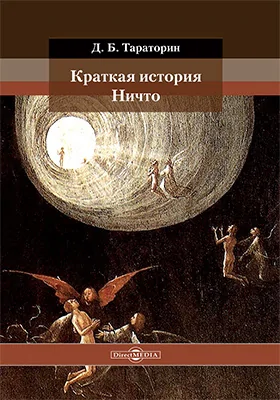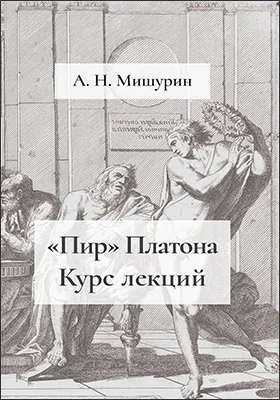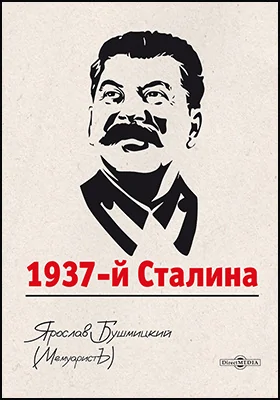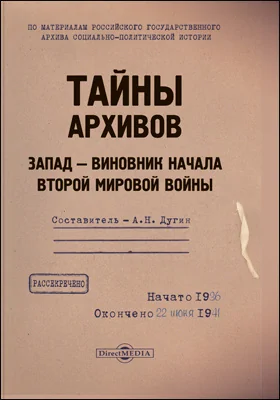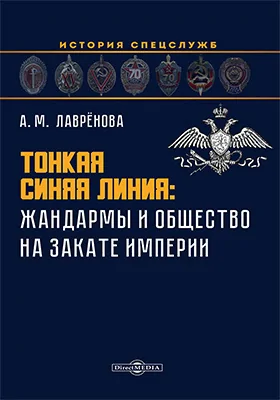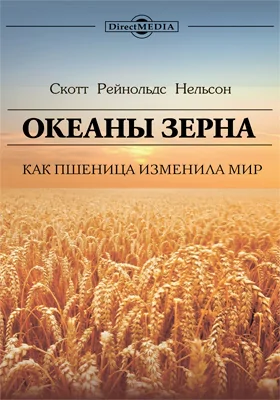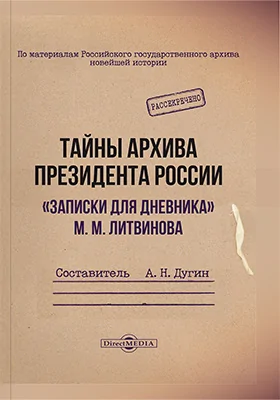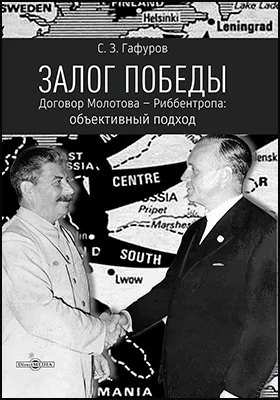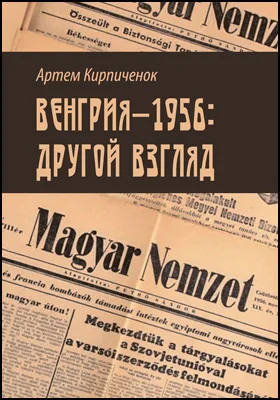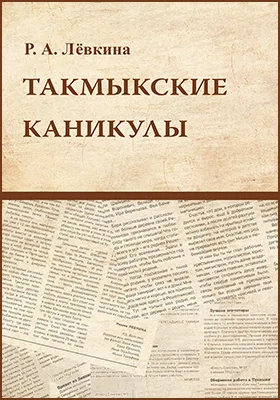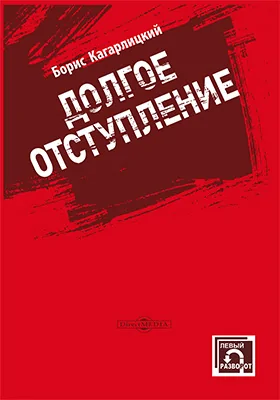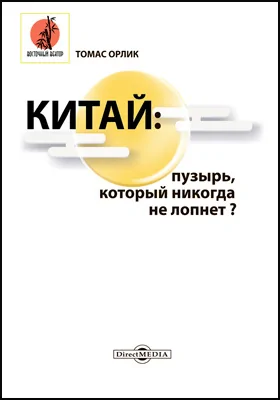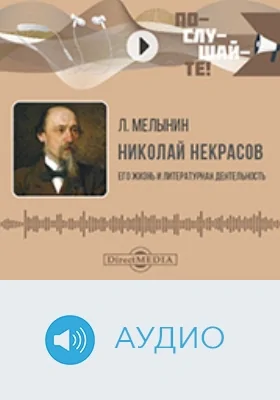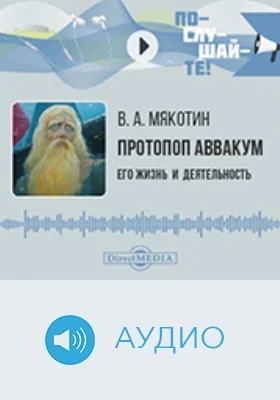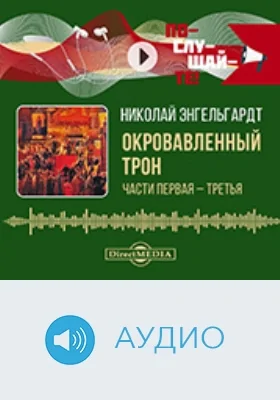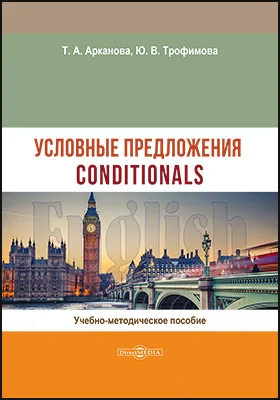
Условные предложения. Conditionals
Здесь можно купить книгу "Условные предложения. Conditionals " в печатном или электронном виде. Также, Вы можете прочесть аннотацию, цитаты и содержание, ознакомиться и оставить отзывы (комментарии) об этой книге.
Место издания: Москва, Берлин
ISBN: 978-5-4499-2691-3
Страниц: 56
Артикул: 91747
Возрастная маркировка: 12+
Краткая аннотация книги "Условные предложения. Conditionals"
Пособие включает информацию об основных типах условных предложений, а также тренировочные упражнения и коммуникативные задания. Предназначено для обучающихся среднего специального образования, студентов 1–2 курсов бакалавриата всех специальностей, а также лиц, которым требуются углубленные знания английского языка.
Содержание книги "Условные предложения. Conditionals "
Conditionals: Introduction
Type 0 Conditional (general truth)
Туре 1 Conditional (real present or future conditionals)
Type 2 Conditional (unreal present or future conditionals)
Type 3 Conditional (unreal past conditionals)
Type 4 Conditional (mixed conditionals)
Conditional clauses without if
Wish, if only: structures
Mixed Exercises
Список литературы
Все отзывы о книге Условные предложения. Conditionals
Отрывок из книги Условные предложения. Conditionals
Conditional clauses without if We can use other words instead of if in conditional clauses. Unless We can use unless to mean “if… not”. Unless you put on some suncream, you'll get sunburnt. (If you do not put on some suncream…) I won't go to the party unless you go too. (= …if you do not go too.) We often use unless in threats, e. g.: Unless you stop making that noise, I'll scream! and warnings e. g.: You'll be hungry later unless you eat now. Compare if and unless: If you eat now, you won't be hungry later. — Unless you eat now, you'll be hungry later. I'll go to the party if you go too. — I won't go to the party unless you go too. As/So long as, provided/providing (that) We use as/so long as and provided/providing (that) to mean “if but only if”. You can borrow my camera as long as you're careful with it. (= …if but only if you're careful with it.) I'll go to the party provided you go too. (= …if but only if you go too.) And and or (else) We sometimes use and to join two ideas instead of using an if-clause. Stay in bed for a few days and you'll be fine. (= If you stay in bed for a few days, you'll be fine.) We can use or (else) to mean “if not” or “otherwise”. Don't try to lift that box or (else) you'll hurt yourself. (= If you try to lift that box, you'll hurt yourself.) Should We can use should instead of if when we are less sure about a possibility. Compare: If we have enough time, we'll visit Robert. (Perhaps we will have enough time.) 24
С книгой "Условные предложения. Conditionals" читают
Внимание!
При обнаружении неточностей или ошибок в описании книги "Условные предложения. Conditionals (автор Татьяна Арканова, Юлия Трофимова)", просим Вас отправить сообщение на почту help@directmedia.ru. Благодарим!

